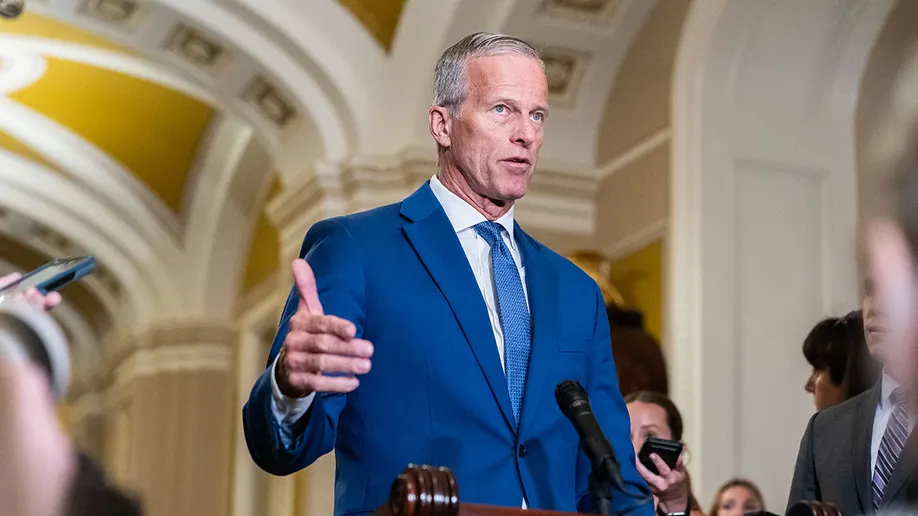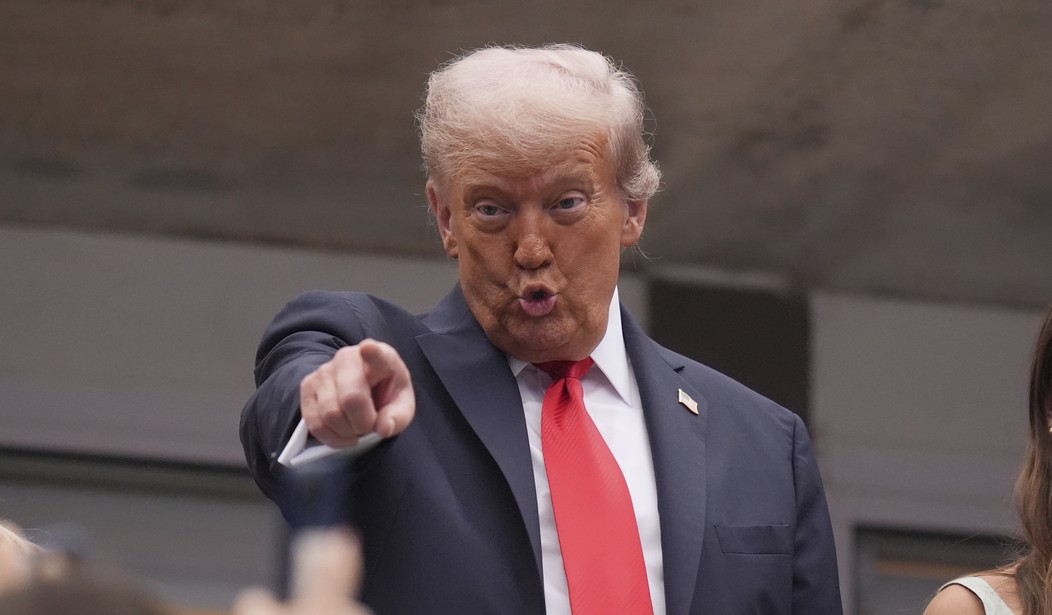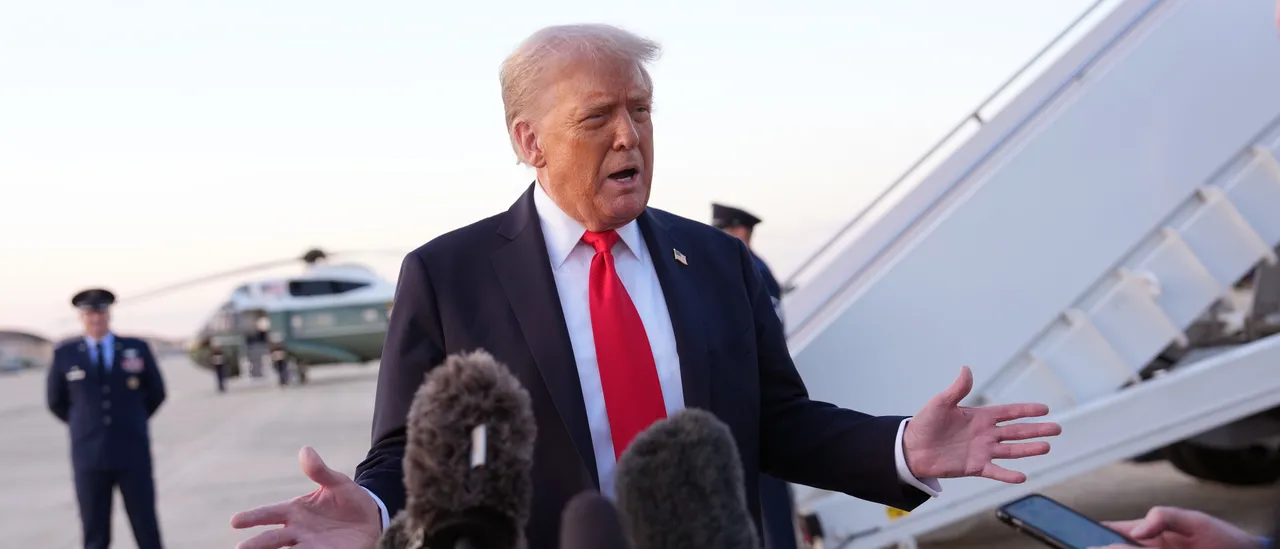In a bold and strategic move that echoes past tactics, Senate Majority Leader John Thune (R-S.D.) is preparing to unleash the Senate’s nuclear option later this week, aiming to lower the filibuster threshold for confirming Trump nominees. Yes, folks, it’s another thrilling episode in the ongoing saga of Senate procedural warfare, and Thune is following the well-worn playbook set by Harry Reid (D-Nev.) in 2013 and Mitch McConnell (R-Ky.) in 2017.
For those of you not up to speed, the "nuclear option" isn’t as dramatic as it sounds. It’s just a fancy way of saying that the Senate rules are being bent, or even shattered, to push forward nominations more quickly—no need for a full-blown 60-vote majority. Reid kicked it off in 2013 when he curbed the filibuster for most executive branch nominees (except for the Supreme Court). McConnell followed suit in 2017, changing the rules for Supreme Court nominations, clearing the way for Justice Neil Gorsuch. And now, Thune is ready to drop his version of the bomb.
The plan? Thune wants to speed up the confirmation of about 40 lower-level nominees, and he's got a cunning strategy in mind. The plan doesn’t include judges or cabinet secretaries, but it’s still a major shift in how the Senate operates. Thune will introduce a resolution to fast-track these confirmations, but here’s the catch: he knows full well that the procedural vote to break the filibuster will fail. He wants it to fail.
That’s where the genius comes in. When the vote fails to reach the necessary 60 votes (because, you know, Democrats are going to oppose it), Thune will be positioned to strike. By switching his vote from "yes" to "no" after the failure, Thune will be able to demand a re-vote on the issue. And in this highly unusual situation, with debate effectively paralyzed, Democrats will be unable to stop him from proceeding with his plan.

Next, Thune will make a point of order, arguing that a simple majority should be enough to break the filibuster for resolutions like his, instead of the usual 60 votes. Of course, the Senate chair (likely Chuck Grassley or even Vice President Vance, who presides over the Senate) will rule against him. But that’s precisely what Thune wants. He will then demand a vote to overturn the chair's ruling, effectively lowering the filibuster threshold from 60 votes to just 51 for this particular type of resolution.
And here’s the kicker—if 51 senators vote to support Thune’s position, a new precedent will be set, allowing for quicker confirmation of nominees with a simple majority. So much for the old rules, right?
With this new precedent in place, Thune will be able to break the filibuster once again on September 15, leading to the confirmation of the entire slate of 40 nominees just two days later, on September 17. It’s a masterstroke of Senate maneuvering that will likely have major implications for the Trump administration’s ability to quickly fill important positions.

As usual, the Left will scream about the "nuclear option" being abused, but let’s be real—this is politics, and Republicans are simply playing by the same rules the Democrats set. The only difference is, this time, we’re winning.
So, mark your calendars, folks. The Senate is about to change the game, and Thune is leading the charge. And hey, who doesn’t love a good political shake-up every now and then? Keep watching; this one’s going to be a real treat.



